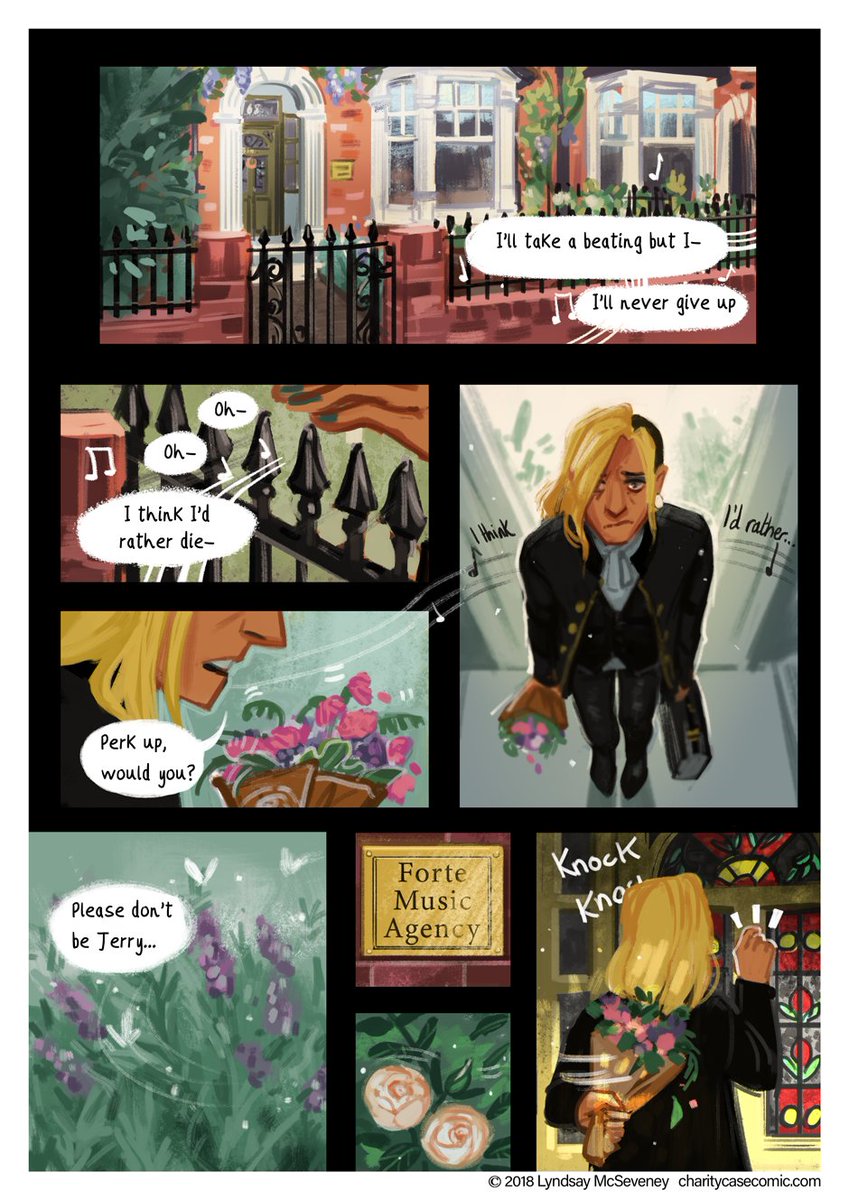

There was not enough hype for e-comic cons to pay the bills. Instead of other cons, an online con is competing against the entire internet. Some cons tried shifting to an online presence, but it just wasn't the same. I have chronic illnesses that make standing or walking for longer than a few minutes untenable.Īs conventions shut down, my calendar and bank account emptied at a record pace. This means that if I stand up from my wheelchair, I am not miraculously healed. At over 25 cons a year I ran discussion panels, costume contests, and sales booths. They are places we escape to, for one reason or another.īefore the pandemic, my full-time job was creating content for comic and gaming conventions across the USA. And fictional, these are places we've seen and explored in different forms of media. Now that you understand the basics of child grooming, how do you intervene if you see grooming behaviors or if your gut is telling you something is wrong? Click on a red flag behavior below to discover grooming examples and actions you can take as an active bystander when a child is vulnerable or uncomfortable.The starship Enterprise, Wakanda's Birnin Zana and Gotham City's Watchtower all have one thing in common: they are wheelchair accessible. "If you tell anyone, we both could go to jail, We won't be able to be together." Or "If you tell anyone, something bad could happen to your family." The child may feel that the loss of the relationship, or the consequences of exposing it, will be more damaging and humiliating than continuing the unhealthy relationship. In order to maintain control, perpetrators use emotional manipulation they make the child believe they are the only person who can meet their emotional and material needs. Once sexual abuse is occurring, perpetrators commonly use secrecy, blame, and threats to maintain the child’s participation and continued silence. "Have you ever masturbated? I can show you how, it feels really good." The adult exploits the child’s natural curiosity and trust using stimulation to advance the sexual nature of the relationship. This occurs through talking, pictures, and creating situations in which both are naked (swimming). Once emotional dependence and trust have been built, the perpetrator progressively sexualizes the relationship. "You can trust me because no one understands you the way I do." The adult can start to tell the child that no one cares for them the way they do, not even their parents. The perpetrator may reinforce the relationship with the child by cultivating a sense that they love and understand the child in a way that others, even their parents, cannot. The perpetrator uses isolation tactics to reinforce their relationship with the child by creating situations in which they are alone together (babysitting, one-on-one coaching, “special” trips). "I know you love jewelry so I got you this watch." Tactics may also include increased attention and affection towards the targeted child. Perpetrators utilize tactics such as gift giving, flattery, gifting money, and meeting other basic needs. Once the perpetrator begins to fill the child's needs, they may assume noticeably more importance in the child's life. I'm planning to go see the new movie, I can take you if you want to go." "I saw you reading the new Superman comic. The perpetrator gains the child’s trust by gathering information about the child, getting to know their needs, and finding ways to fill those needs. Perpetrators work to gain the trust of parents/caregivers to lower suspicion and gain access to the child by providing seemingly warm yet calculated attention/support.

The offender will pay special attention to or give preference to a child.


Perpetrators may target and exploit a child’s perceived vulnerabilities including: emotional neediness, isolation, neglect, a chaotic home life, or lack of parental oversight, etc. Survivors discuss grooming & how their offenders gained access to them.


 0 kommentar(er)
0 kommentar(er)
